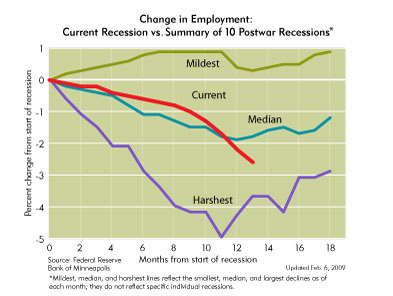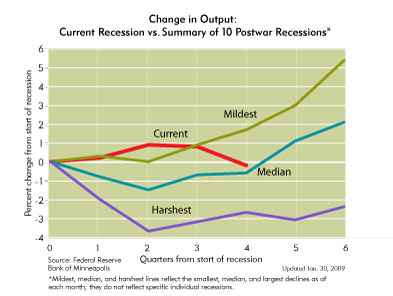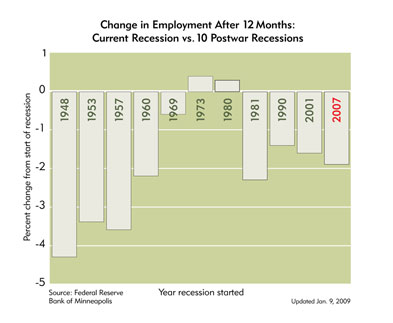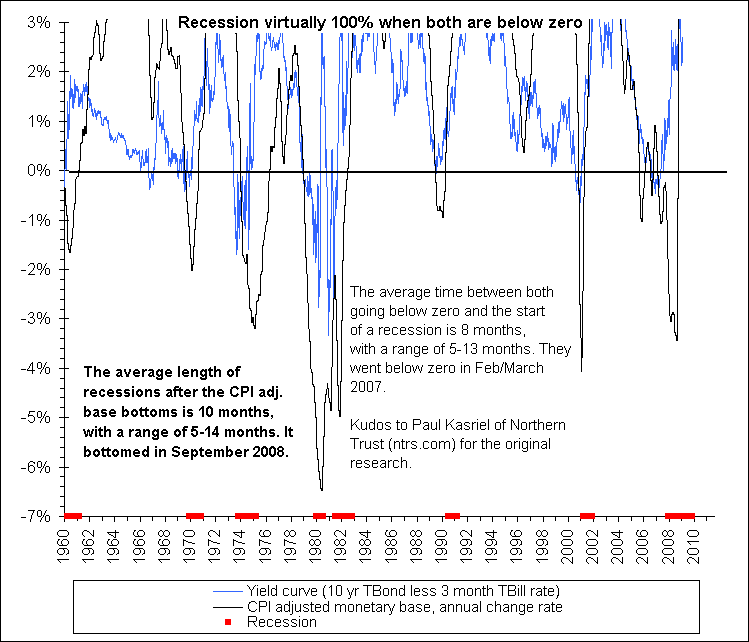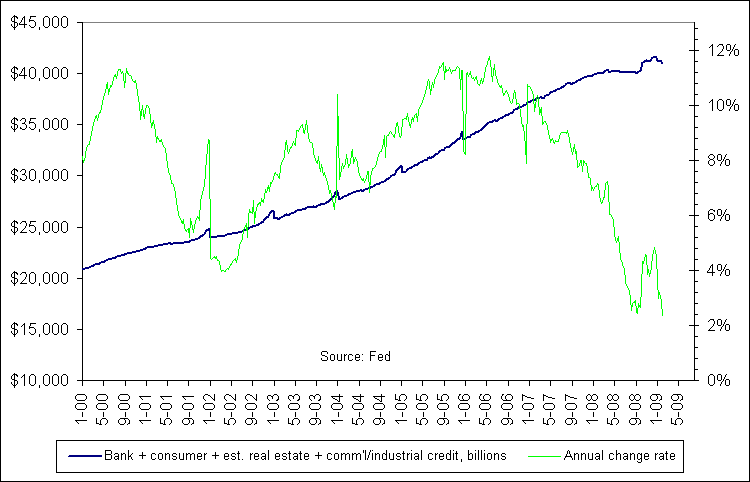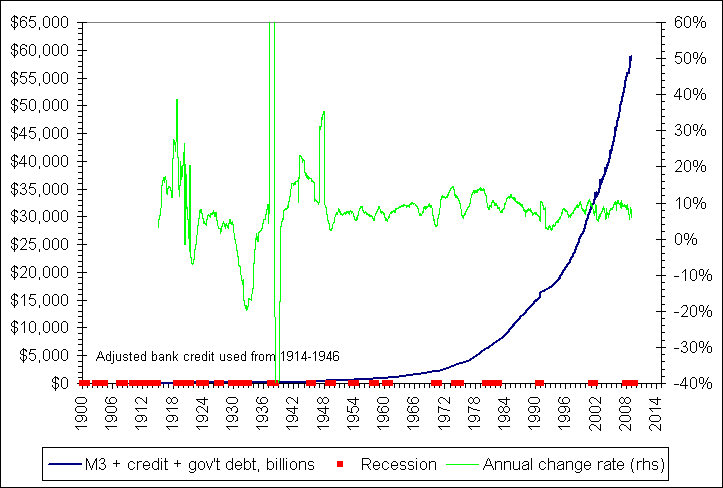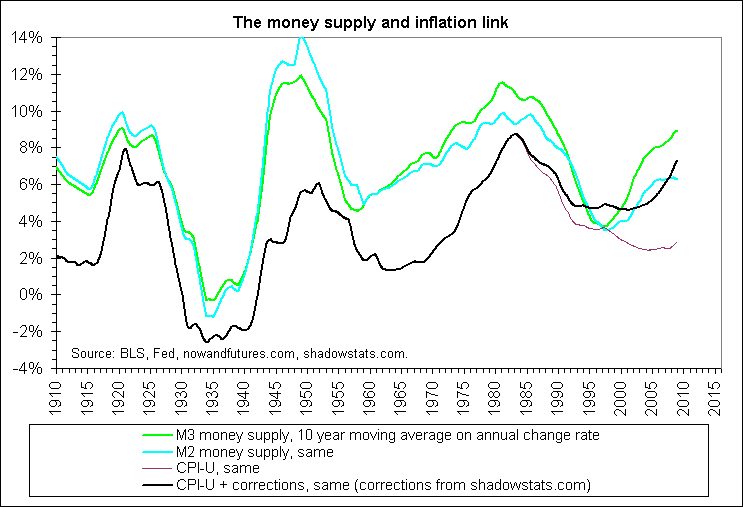Obama said the U.S. may be facing a “full blown crisis.”
Comments »Feb. 10 (Bloomberg) — Stocks in Europe and Asia dropped and U.S. index futures retreated as President Barack Obama said the world’s largest economy faces a “full-blown crisis.”
Vedanta Resources Plc sank 6.2 percent, leading commodity producers lower, as base metals slid and Obama warned “the problems are accelerating instead of getting better” in the U.S. Samsung Electronics Co., which gets 14 percent of its sales from the Americas, slipped 1.3 percent in Seoul. Nordea Bank AB tumbled 5.4 percent after the biggest Nordic lender by market value said it would raise capital after loan losses jumped.
The MSCI World Index fell for the first time in six days, losing 0.9 percent to 869.32 at 9:08 a.m. in London. The gauge of 23 developed nations has climbed 3.6 percent this month amid speculation the deteriorating U.S. economy would force Congress to reach a compromise on Obama’s stimulus package.
“Investors are looking for something substantial that can back up some of their positions they have been taking,” said Kevin Lilley, a London-based fund manager at Royal London Asset Management, which oversees about $63 billion. The U.S. financial rescue announcement is “critical and is what everyone is waiting for.”
Governments are stepping up efforts to ease a financial crisis that has spurred more than $1 trillion in credit-related losses as the International Monetary Fund predicts global growth will almost grind to a halt this year. The MSCI World Index tumbled 42 percent last year, the biggest annual drop since the gauge was created in 1970, and slid 8.9 percent last month, the worst ever start to a year.
Obama’s Plan
The economic-stimulus package of more than $800 billion sought by Obama cleared a key procedural hurdle in the U.S. Senate yesterday as lawmakers scrambled to complete work on the plan by the end of the week. Treasury Secretary Timothy Geithner is scheduled to unveil a financial-rescue plan today that may determine how effective the stimulus will be.
Most U.S. stocks fell yesterday on concern Obama’s stimulus plan won’t be enough to pull the nation out of a recession. Futures on the Standard & Poor’s 500 Index futures dropped 1.3 percent today.

